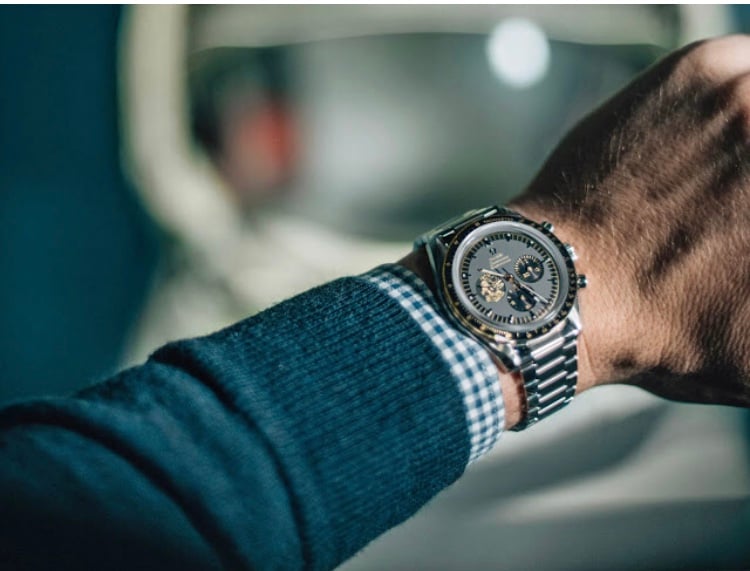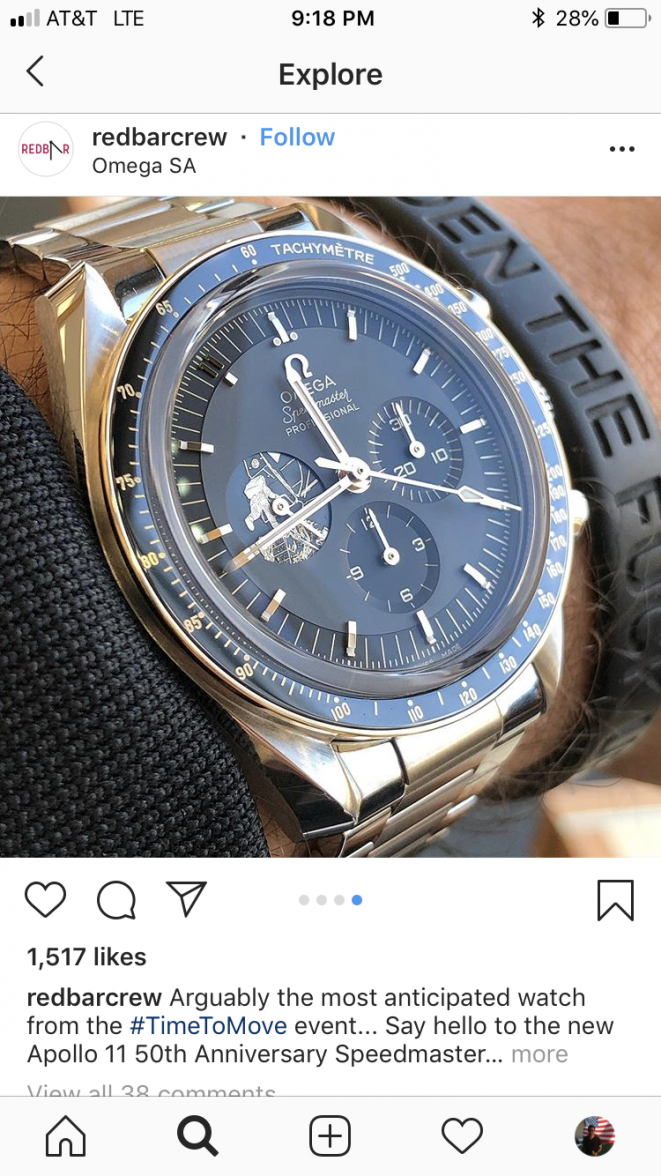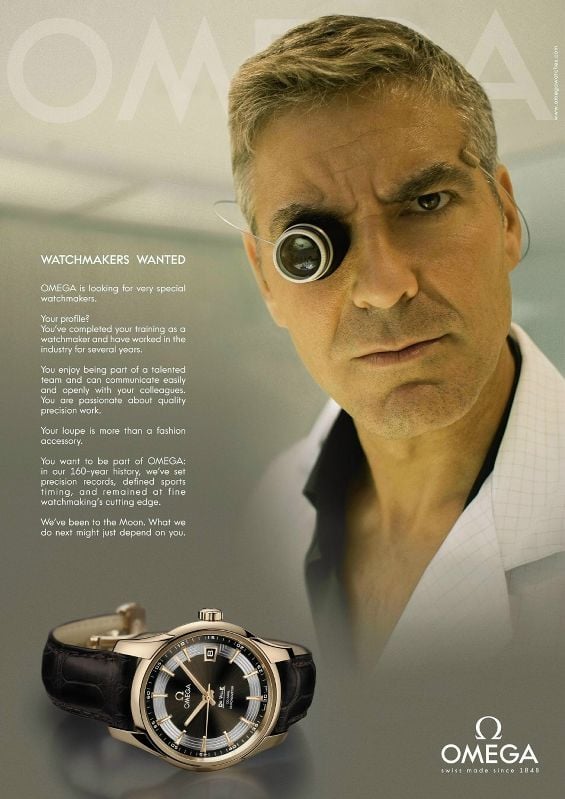Yes it is frustrating, and it shouldn't be just to me...
For myself I will have work until the day I die I'm sure, but as most people on this forum know there is a massive shortage of watchmakers out there, and the direction that watches are taking is going to cause a loss of skills that will be difficult to get back. If the current trend in making movements dumber from a watchmaking perspective is a result of the lack of watchmakers, or the cause of it I'm not sure, but one thing is clear - it isn't helping the situation.
This should be a concern for all those who collect mechanical watches, and a big part of my frustration is people not recognizing that.
The way watches are serviced is going through more changes than most people realize. Service centers are becoming even more "unskilled" and more and more jobs are being done by people with no formal watchmaking training. It used to be just uncasing and casing, refinishing, etc. but that is expanding to work on movements in some instances.
I snipped the rest of your post because you have misinterpreted what I was saying - I wasn't commenting on the "market" for mechanical watches, but of what the mechnical watch actually is. It's becoming a piece of "tech" rather than what it was, which was something much more.
Your post illustrated that the marketing works very well - the same thing is illustrated throughout this entire thread. People talking about how "important" this 50th anniversary watch is - it's amazing to me that people see a commemerative watch in that light and shows that Omegas long hammering of the "Moonwatch" over the decades has worked wonders with some people. Let's be honest, the original watch was made for timing races, and had nothing to do with the moon or space. The watch was selected as a piece of equipment, along with tens of thousands of other pieces of equipment that were used on the various missions. Now decades later a watch that really doesn't resemble the watch that went on those missions (different movement, gold on the case, sapphire crystals, etc.) is now labelled as "important"? That to me is about the oddest thing I could imagine, but is a testament to the marketing that Omega has done.
By the way some of the things you mention in your post are great - it really is perception that is at play most of the time, because no matter what the warranty and service interval increases are, they are still being paid for by the end consumer. Very much like "free" service on my BMW for the first 4 years - we all know we are paying for it in the purchase price, but still it helps sells cars and watches too.
You give the example of Rolex - yes they increased their warranty to 5 years. I have a friend who worked at an RSC and said this has caused no end of warranty claims, and they have a team of watchmakers now just working on warranty repairs. Replacing worn rotor axles, cleaning and lubricating the escapements that dry up before the 5 years time frame is up. Essentially Rolex is able to market a 10 year service interval knowing fully that they will likely have the watch back in the 5 year warranty period to "fix", so yes the watch will go another 5 years after that, and the first paid service is now out at 10 years. And so the myth of the Rolex magical 10 year service interval is created by servicing all the watches at 5 years under warranty, and people believe it's some new technology that accomplishes this. Rolex doesn't have magical lubricants or materials, no matter what they tell you about 904L.
The level of deception is sometimes staggering, as is the willingness to believe what brands say...
Anyway, I get your point fully.
Cheers, Al


